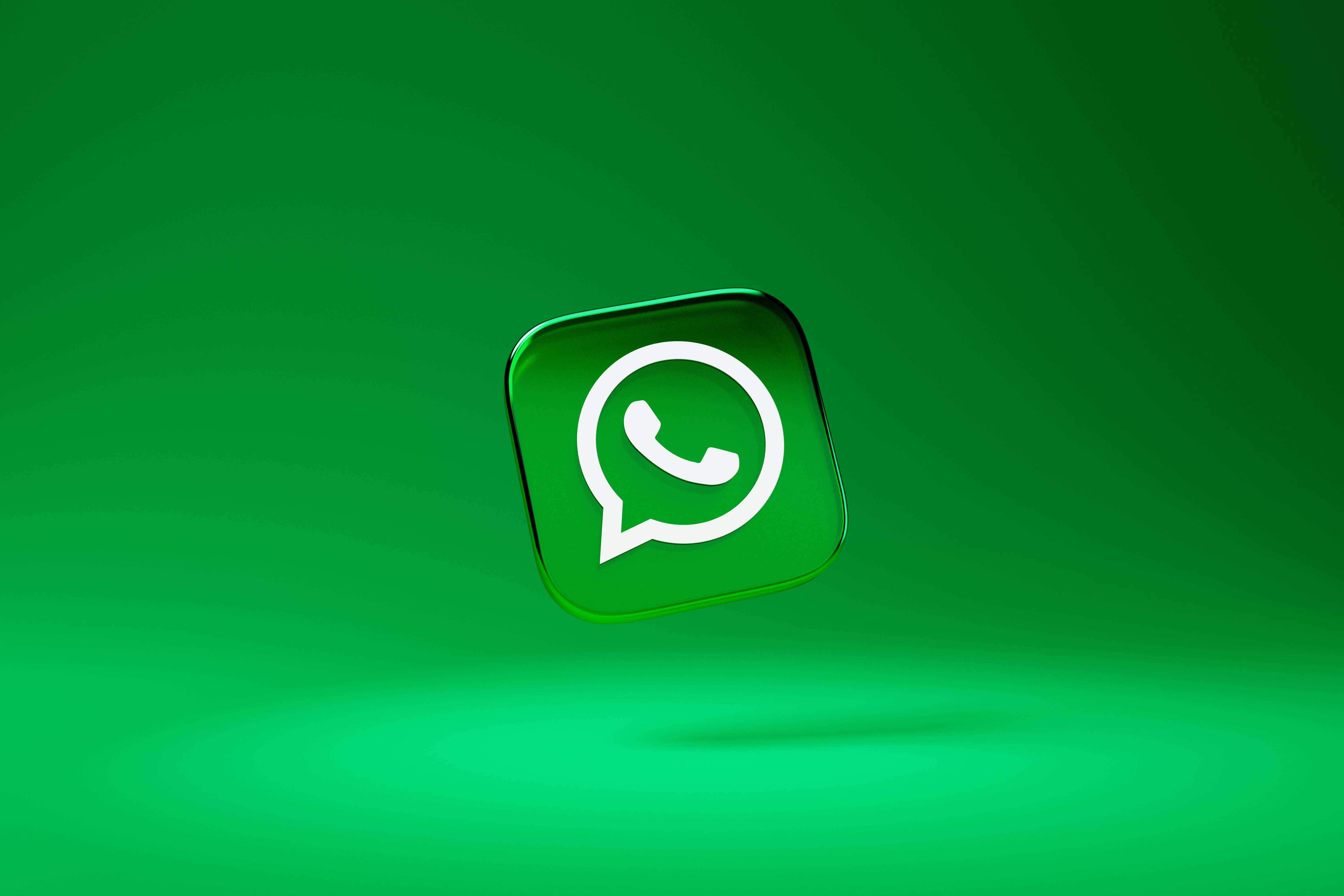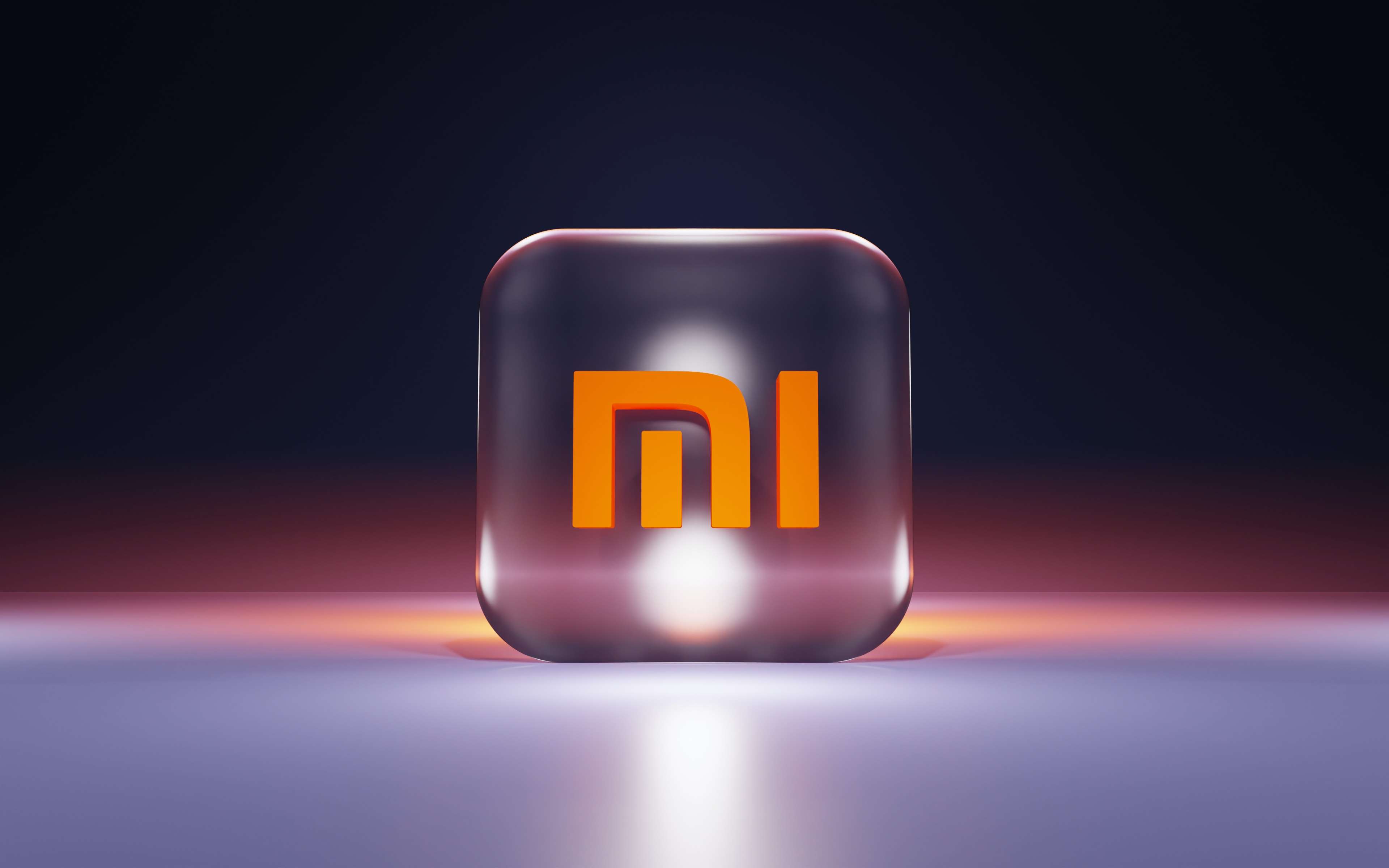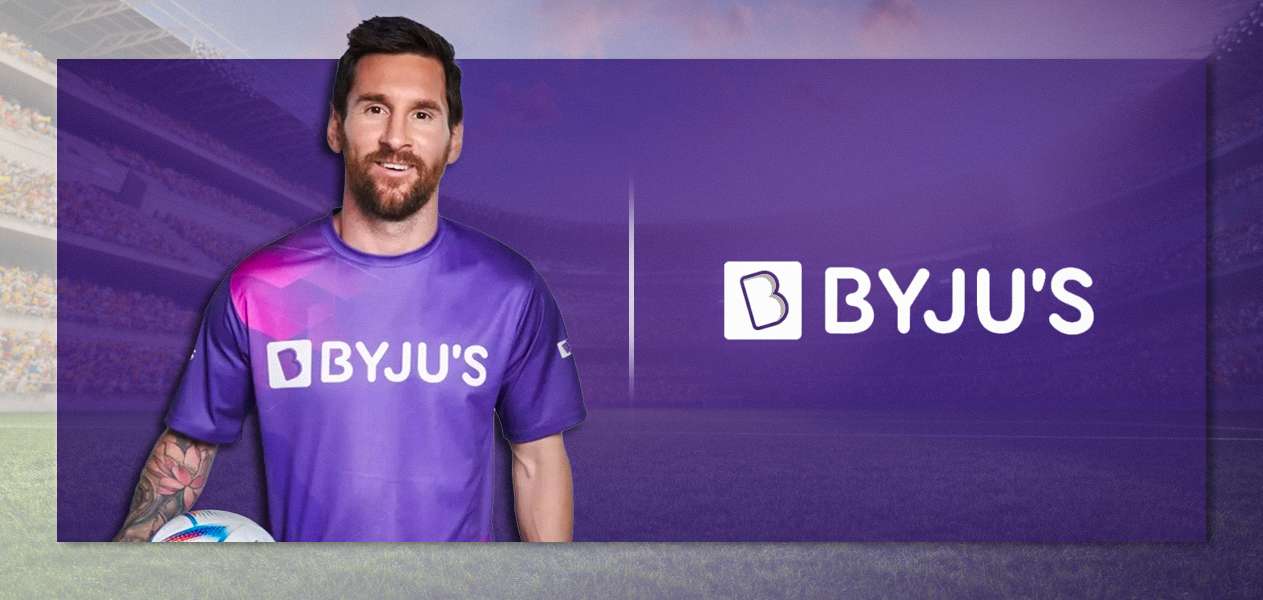- 26 December 2023
- No Comment
- 219
From Rejection to a $19 Billion Payday: The Success Story of WhatsApp Founders

Ever been told a big “no” in your career, only to turn that rejection into a billion-dollar success story? Hi, I’m Nabeel Shaikh—a numbers guy and an entrepreneur—and I’m here to share the wild journey of WhatsApp’s founders.
Imagine a company saying “thanks, but no thanks” to these guys, only to later pay a fortune for what they created.
Let’s dive into the rollercoaster ride from rejection to mind-blowing success—because who doesn’t love a good comeback story?
Meeting of Minds at Yahoo! – The Birth of a Friendship
In the vibrant tech landscape of Yahoo!, destiny brought together two brilliant software engineers: Brian Acton and Jan Koum. Their journey began at Yahoo! where they not only honed their skills but also forged a deep friendship that would shape their future endeavors.
A Decade at Yahoo! – From Colleagues to Companions
For nearly a decade, Acton and Koum dedicated themselves to Yahoo!, contributing their expertise to the tech giant. As colleagues, they not only thrived in their professional roles but also shared countless experiences that strengthened their bond.
The Leap of Faith – Resignation and Wanderlust
In 2007, Acton and Koum made a bold decision to resign from their secure positions at Yahoo!.
Instead of immediately diving into the next chapter of their careers, they opted for a different path.
The duo embarked on a year-long journey across South America, fueled by their savings and a thirst for adventure.
This decision marked the beginning of a story that would eventually lead to the creation of WhatsApp, one of the most influential communication platforms in the world.
The Facebook Rejection: A Turning Point
From Rejection to Revelation
Undeterred by the rejection from Facebook, Acton and Koum faced a challenging crossroads. With dwindling savings, they were in search of new opportunities to channel their technical prowess.
The iPhone Epiphany – A Seed of Innovation
In January 2009, a pivotal moment occurred when Jan Koum acquired an iPhone. Exploring the nascent App Store, he recognized a vast expanse of possibilities.
Inspired by the concept of displaying user statuses—a digital twist on the classic “away message” from early instant messaging days—Koum envisioned an innovative app that would redefine communication.
The Birth of WhatsApp – A Eureka Moment
From the ashes of rejection emerged the spark of creation. Koum’s visionary idea evolved into the blueprint for WhatsApp, a platform that would revolutionize the way people connect and communicate.
This eureka moment in January 2009 laid the foundation for what would soon become a global phenomenon.
WhatsApp’s Maiden Voyage: Version 1.0 and Early Hurdles
May 2009: The Genesis of WhatsApp
In May 2009, WhatsApp 1.0 made its debut, marking the beginning of a groundbreaking journey. Jan Koum’s vision was simple yet innovative: a platform where users could share their Status with contacts, offering insights like “At Work,” “Battery about to die,” or “Can’t talk in a meeting.”
Code Struggles and App Turbulence
Behind the scenes, the development of WhatsApp posed formidable challenges. Koum grappled with coding issues, leading to multiple crashes of the app. The road to perfection was far from smooth, testing the resilience of the duo.
Skepticism and Persistence
In the early days, user adoption presented a hurdle. Even among Koum’s friends, initial enthusiasm for testing the app was lacking. Faced with these challenges, doubts crept in, and Koum contemplated abandoning the project.
It was at this critical juncture that Brian Acton, an unsung collaborator, provided much-needed encouragement. Acton urged Koum to persevere, setting the stage for several transformative months ahead.
WhatsApp 2.0 Emerges: A Revolution in Real-Time Communication
June 2009: Apple’s Push Notification Game-Changer
The turning point arrived in June 2009 when Apple introduced push notifications. Jan Koum seized this opportunity, updating WhatsApp to notify all contacts when a user’s Status changed. What began as a platform for brief availability updates evolved into a dynamic real-time status network.
Messaging Takes Center Stage
WhatsApp 2.0, still in its beta phase, introduced a messaging component that would redefine communication. The beta release struck a chord with users, propelling the platform into instant popularity.
Within a few months, the user base skyrocketed from a modest start to an impressive 250,000.
Acton’s Arrival: From Unofficial Support to Official Co-Founder
Witnessing the rapid growth and immense potential, Brian Acton officially joined the WhatsApp startup journey as a co-founder. In a strategic move, Acton rallied support from five ex-Yahoo! friends, injecting a crucial $250,000 in October 2009.
This timely infusion of funds played a pivotal role in sustaining and accelerating WhatsApp’s unprecedented expansion.
WhatsApp Unleashed: Revolutionizing Communication
November 2009: A Frictionless Entry into Messaging
The culmination of efforts resulted in the full version of WhatsApp hitting the App Store in November 2009. What set it apart was its user-friendly approach—no pins or usernames were required, eliminating barriers for new users.
The app’s core mission was clear: replace costly SMS with a free, internet-based messaging service.
Global Appeal: Bridging the Communication Gap
WhatsApp’s success soared, particularly among international users burdened by the exorbitant costs of international texts. As U.S. smartphone users embraced unlimited texting plans, Acton and Koum identified a global need.
In just two months, they expanded to BlackBerry, a popular choice among business users, acknowledging the diverse smartphone landscape.
Bridging the Gap for Developing Countries
Recognizing the disparity in texting options, WhatsApp extended its reach to cater to users in developing countries.
Support expanded to include Nokia’s Symbian, Microsoft’s Windows Phone, and eventually Google’s Android.
This strategic move broadened the platform’s accessibility, ensuring that WhatsApp became a communication lifeline for people around the world.
WhatsApp’s Fiscal Strategy: From Lean Beginnings to Paid Success
Humble Origins in Mountain View
In the early days, WhatsApp found its home in a converted warehouse in Mountain View, California. With a lean operation, the founders, driven by passion, worked without pay.
The initial investment primarily went into sending verification texts to users during sign-up, reflecting their commitment to the user experience.
The Bold Move: Introducing a Paid Model
Facing mounting costs, the founders took a bold step—introducing a $0.99 charge for the app.
This move defied the prevailing trend of free apps dominating the App Store. Yet, users recognized the unique value WhatsApp offered, making the nominal fee a worthwhile investment.
Steady Growth and Top-Tier Recognition
The paid model proved to be a strategic masterstroke. Despite the unconventional approach, WhatsApp’s user base steadily expanded.
By the close of 2011, the app had secured its place among the top 20 apps in the U.S. App Store, a testament to its growing influence and unparalleled value proposition.
Sequoia Capital’s Bet: Fueling WhatsApp’s Ascent
2011: The Discovery and Pursuit
In 2011, Jim Goetz of Sequoia Capital caught wind of WhatsApp’s potential. A relentless pursuit ensued, lasting nearly eight months, as Goetz sought a meeting with the elusive duo, Koum and Acton. Initially wary of venture capital, the founders eventually yielded, accepting an $8 million investment from Sequoia Capital, securing over 15% of the company.
Strategic Infusion: Scaling with $8 Million
Sequoia Capital’s investment injected vital resources into WhatsApp, enabling the company to scale its product. The partnership marked a crucial turning point in WhatsApp’s journey, propelling it to new heights.
Meteoric Rise: A $50 Million Boost
With the user base surging to 200 million active users by April 2013, Sequoia Capital recognized the unstoppable momentum. A subsequent investment of $50 million valued WhatsApp at a staggering $1.5 billion. This infusion of capital not only affirmed the company’s worth but also fueled its ongoing expansion.
Evolving Business Model: Introducing Subscription Fees
As WhatsApp continued to innovate and grow, it adjusted its business model. To sustain operations, the platform introduced an annual subscription fee of $1 after the first year of free use, ensuring a steady stream of revenue to support its global presence.
Facebook’s Mega Move: Acquiring WhatsApp and Shaping the Future
February 2014: A $19 Billion Landmark Deal
In a monumental move, Facebook acquired WhatsApp in February 2014 for a staggering $19 billion. For the founders, Koum and Acton, this wasn’t just a financial transaction—it was an alignment of visions, a chance to collaborate with a company that shared their mission of global connectivity.
Embracing Change: Evolving Business Models
Post-acquisition, the dynamics of WhatsApp underwent a transformation. Facebook, with its vast resources, ushered in a shift towards a more robust business model. The focus shifted towards monetization, opening avenues for innovative strategies that would enhance business communication.
Monetization Strategies Unveiled
With a keen eye on the future, Facebook steered WhatsApp towards new horizons. Monetization became a key focus, and the platform began exploring ways to facilitate business communication. This shift aimed to empower businesses to reach their customers more effectively, laying the groundwork for a new era in WhatsApp’s evolution.
A Gold Mine for Facebook
Reports suggest that Facebook’s revenue strategy for WhatsApp centers around introducing ads within the status feature.
Additionally, Facebook plans to leverage its own platform by displaying ads that seamlessly lead users to WhatsApp business accounts, fostering enhanced user engagement.
100 Billion Daily Messages
This data influx is aptly termed a gold mine for Facebook, emphasizing the immense revenue potential hidden within the app.
In 2022 alone, WhatsApp generated $906 million in revenue, with expectations of further growth in the coming years.
WhatsApp’s Evolution: Pioneering Features and Business Empowerment
Advancements in Communication: Feature-Rich Updates
In the subsequent years, WhatsApp underwent a remarkable evolution, introducing a slew of groundbreaking features. Notable among them was the implementation of end-to-end encryption, ensuring the security and privacy of user communications.
The platform expanded its capabilities with the introduction of voice and video calling, enhancing the user experience.
Nostalgic Resurgence: The Birth of “Status”
Harkening back to its origins, WhatsApp reimagined the concept of user statuses with the introduction of the “Status” feature. This revitalized the app’s initial vision as a platform for sharing real-time updates and became an integral part of user interaction.
Business Transformation: WhatsApp for Business
In 2017, WhatsApp for Business emerged as a transformative force. This version empowered businesses to establish a presence on WhatsApp, offering features like profile creation, verification, and autoresponders. For small and medium enterprises, it became a game-changer in customer relationship management.
Financial Frontiers: WhatsApp Payments
Simultaneously, WhatsApp ventured into the financial realm with the pilot of WhatsApp Payments.
Initially rolled out in India, this feature enabled users to send money seamlessly through the app. This strategic move positioned WhatsApp not just as a messaging giant but as a comprehensive platform for communication and transactions.
Founders’ Departure: Navigating a New Path
Growing Discontent: A Shift in Direction
As time progressed, Acton and Koum found themselves at odds with the trajectory WhatsApp was taking under Facebook’s leadership. Concerns over user data and privacy, coupled with mounting pressure to intensify monetization efforts, fueled their growing dissatisfaction.
Acton’s Exit: A September Farewell
In September 2017, Brian Acton bid farewell to Facebook, choosing to embark on a new journey.
He co-founded the Signal Foundation, laying the groundwork for Signal—an app that would emerge as a direct competitor to WhatsApp, with a steadfast focus on privacy and security.
Koum’s Extended Stay
Jan Koum, though sharing similar concerns, remained with WhatsApp for a few more months. The evolving landscape and the founders’ commitment to their principles ultimately paved the way for significant shifts in the messaging industry.




